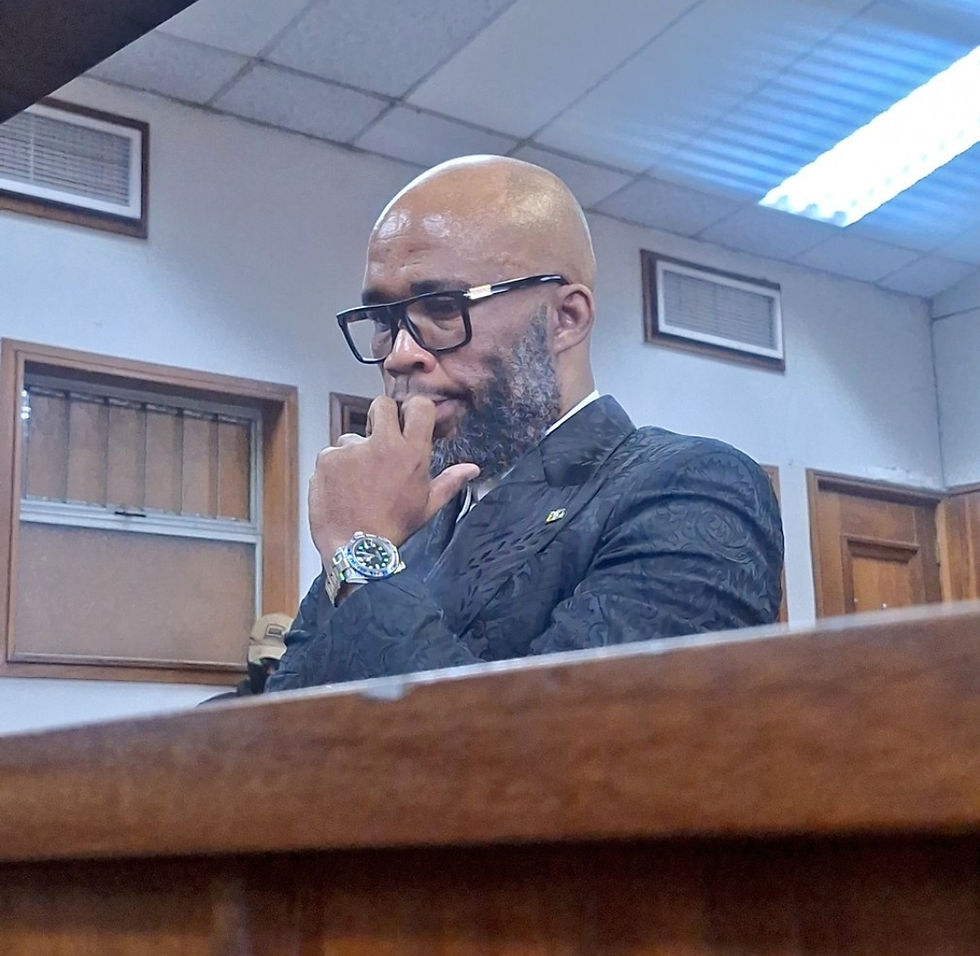Court Rules Moroadi Cholota's Extradition Unlawful, Sets Aside Charges
- Mpho Dube
- Jun 5
- 2 min read

Moroadi Cholota
The Bloemfontein High Court has delivered a significant ruling in favor of Moroadi Cholota, the former personal assistant to ex-Free State Premier Ace Magashule.
In a judgment that has far-reaching implications, the court has ruled that Cholota's extradition from the United States was unlawful, citing that South African authorities misled their US counterparts to secure her return.
The ruling was made in the context of Cholota's trial-within-a-trial, where she challenged the court's jurisdiction to try her on charges related to a R255 million asbestos roofing removal scandal. Cholota's legal team argued that her extradition was unlawful and that the court lacked jurisdiction to try her.
In a detailed judgment, the court held that the South African authorities had indeed misled their US counterparts, leading to Cholota's extradition. The judge emphasized that only the Minister of Justice can request extradition, which wasn't done in Cholota's case. The court also highlighted that the extradition process was flawed, violating constitutional and statutory requirements.
The state's case against Cholota has been significantly weakened by the court's ruling. The prosecution had argued that Cholota's extradition was lawful, despite the irregularities in the process. However, the court's ruling has made it clear that the extradition was unlawful, and that Cholota's rights were violated.
Cholota was facing charges related to a R255 million asbestos tender corruption scandal during Magashule's tenure as Premier. Her legal team argued that the state only indicted her after she refused to testify against Magashule, labeling the move as punitive and politically motivated.
The case against Cholota has been ongoing for several years, with numerous twists and turns. Cholota's extradition from the US was a major development in the case, and her legal team has been fighting to have the extradition declared unlawful.
The court's ruling has significant implications for the case against Cholota. The ruling casts doubt on the state's handling of potential witnesses and its pursuit of justice versus political scores. The decision also raises questions about the coordination between US and South African authorities and the ethics of extradition requests.
The ruling may also have implications for the main asbestos corruption trial, which continues without Cholota as a pivotal figure. The state's case against Magashule and other accused individuals may be weakened by the court's ruling, which highlights the importance of following proper procedures in extradition cases.
The court's ruling in favour of Moroadi Cholota is a significant development in the case against her. The ruling highlights the importance of following proper procedures in extradition cases and casts doubt on the state's handling of potential witnesses. The implications of the ruling are far-reaching, and it remains to be seen how the state will respond to the court's decision.
The case against Cholota and Magashule is a complex one, with numerous twists and turns. The court's ruling is a major development in the case, and it will be interesting to see how the state responds to the decision.




Comments